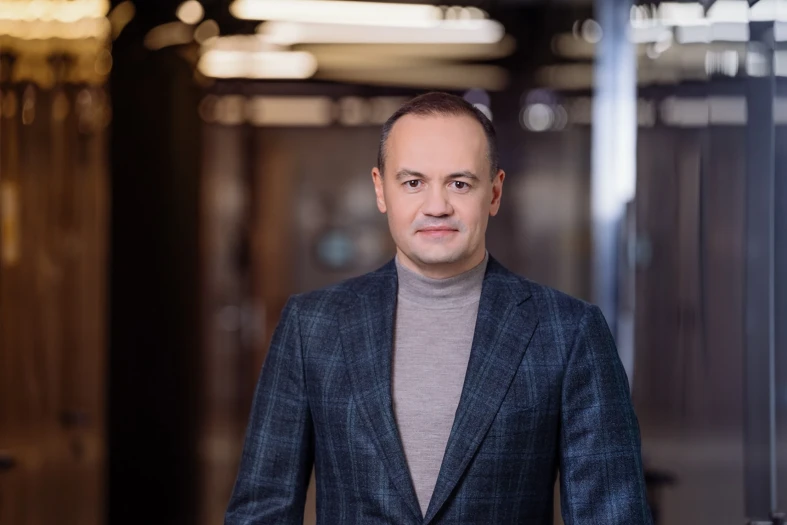Ukraine must embrace the economy of the future. A new formula for how we conduct business, based on the European Green Deal, is being introduced. Its defining feature is the acceptance of the wider public’s aspirations for ecological considerations and its placement at the heart of all economic activities. Consequently, the private sector and science are both being encouraged to look for new technologies and solutions to meet growing energy demand.
In the energy sector, the rise in electricity generation from renewable sources is a response to society’s aforementioned shift of values. The next steps towards a lower carbon economy will be even more profound with the development of new industries for energy storage and hydrogen production – both of which provide great opportunities for decarbonisation.
During the Fourth Ukrainian-German Business Forum, one of the key topics discussed was the energy transition. Germany’s experience with this process started two decades ago. Today, they are driving this agenda within the EU, while sharing lessons learned with other countries, including Ukraine. Notably, Germany is cultivating a new, high-value hydrogen industry, allocating sizeable investments into its development.
For many countries, Germany is a model of consistently sound public policy decision-making which has facilitated the development of new economic segments, as witnessed in the renewable energy sector. Comparatively, Ukraine produces about 7% of electricity from renewable sources; a figure last recorded in Germany roughly 20 years ago. In fact, in 2019, green electricity in Germany accounted for 35% of its total generation mix, and in the summer of 2020, it exceeded 50% for the first time. An impressive feat accomplished as a result of diligent government support schemes, including the application of a green tariff.
Ukraine, of course, needs to gain this experience, but it is better to learn from the mistakes and successes of other countries in order to find the right balance. No one doubts that the private sector and private capital are the true drivers of the energy transition and development of new technologies. But what does private capital fundamentally need in order to spur the desired outcome? An enabling framework built on trust. Only then can stability emerge, strengthening the country’s investment attractiveness and ultimately serve to bring in foreign direct investment.
Unfortunately, Ukraine is stuck in a phase of discussions regarding support for the development of renewable energy generation and regulation in the sector. This debate has dragged on and even contributed to a reduction in inward investment. Ukraine will eventually have to decide which development path it seeks to follow. I believe that the answer is, in fact, obvious at all levels: from investors to government, in addition to that of consumers.
In Ukraine, as well as across the EU, a large-scale transformation must take place under the rubric of the ‘green transition’. Private investment will undoubtedly have a decisive influence over this process. The state’s role will be to create the necessary conditions for Ukrainian and Western investors to sustain their efforts in developing the RES sector, as experienced during the past three to four years.
DTEK has already publicly announced that it will achieve carbon neutrality by 2040. Being a responsible business, we pursued the transformation route from being a producer of coal-fired electricity to becoming a leader in green innovations and technologies. This highly significant step will ultimately enable Ukraine to truly undertake the energy transition.
Maxim Timchenko, DTEK CEO
Source KyivPost






